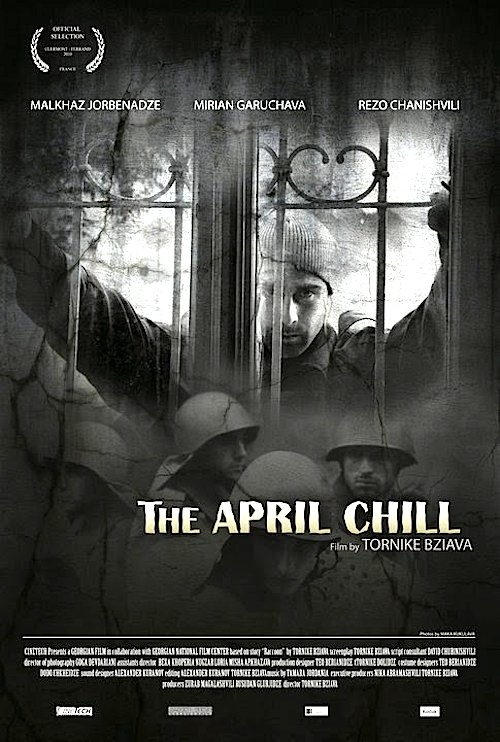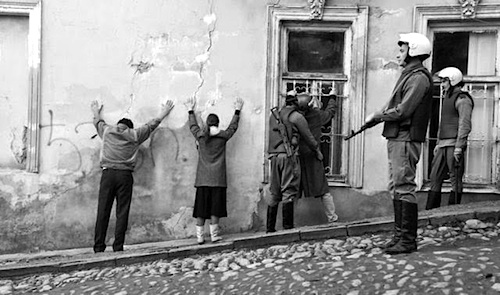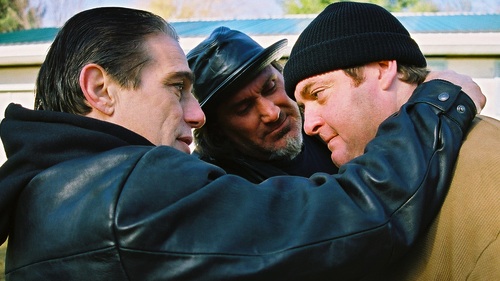By Joe Bendel. Anyone with a little bit of jazz, blues, and Afro-Cuban music under their belts should be ready to accept the notion that most music with a real rhythmic kick has the “Same Mother,” to quote the title of Jason Moran’s deep blues influenced 2004 release. Yet they seem to have trouble with the idea in Argentina and Uruguay. Parisian expatriate tango-jazz pianist Juan Carlos Cáceres returns to his native Argentina to promote awareness of the music’s African origins in Dom Pedro’s Tango Negro: the African Roots of Tango, which screens during the 2014 African Diaspora International Film Festival in New York.
Blessed with incredible technique, Cáceres has become a leading expert on tango, especially its earliest manifestations. As in Brazil and many other Latin American countries, great numbers of African slaves were brought to Argentina against their will. Retaining elements of their pre-bondage culture, they developed musical forms not so very different from Cuban rumba. However, subsequent waves of overwhelmingly white immigration from Europe would radically change the country’s demographics. Just as the composition of Argentina changes, so too did the character of tango.
Frankly, it is hard to fathom how this could be controversial because it seems so self-evident. By the same token, one could argue the film does not give European immigrants proper credit for making tango what it is today. It is an elegant form of music and dance wholly distinct from traditional Afro-Cuban forms. Arguably, the description of tango quoted in the film as the synthesis of three sadnesses, as experienced by the immigrant, the gaucho, and the disenfranchised African gets at the essence in a fully inclusive way.

There are some enjoyable performances in TN, including features spots for Cáceres and various neo-traditional ensembles. It makes a logical cinematic pairing with Arístides Falcón Paradí’s Rumba Clave Blen Blen Blen, but it is more self-consciously pursuing a mission, whereas RCBBB is more interested in celebrating musical camaraderie. (If you only see one of the music docs at the festival, chose the rumba, because camaraderie is more fun.)
TN offers some nice music and solid scholarship, but it sees more opposition to its case than the audience does. Regardless, if you want to hear tango performed with uncharacteristic percussion, it is the film for you. Recommended for tango enthusiasts, Tango Negro screens this Friday (12/5) and the following Tuesday (12/9) as part of this year’s ADIFF New York.
LFM GRADE: B-
Posted on November 30th, 2014 at 7:32pm.





